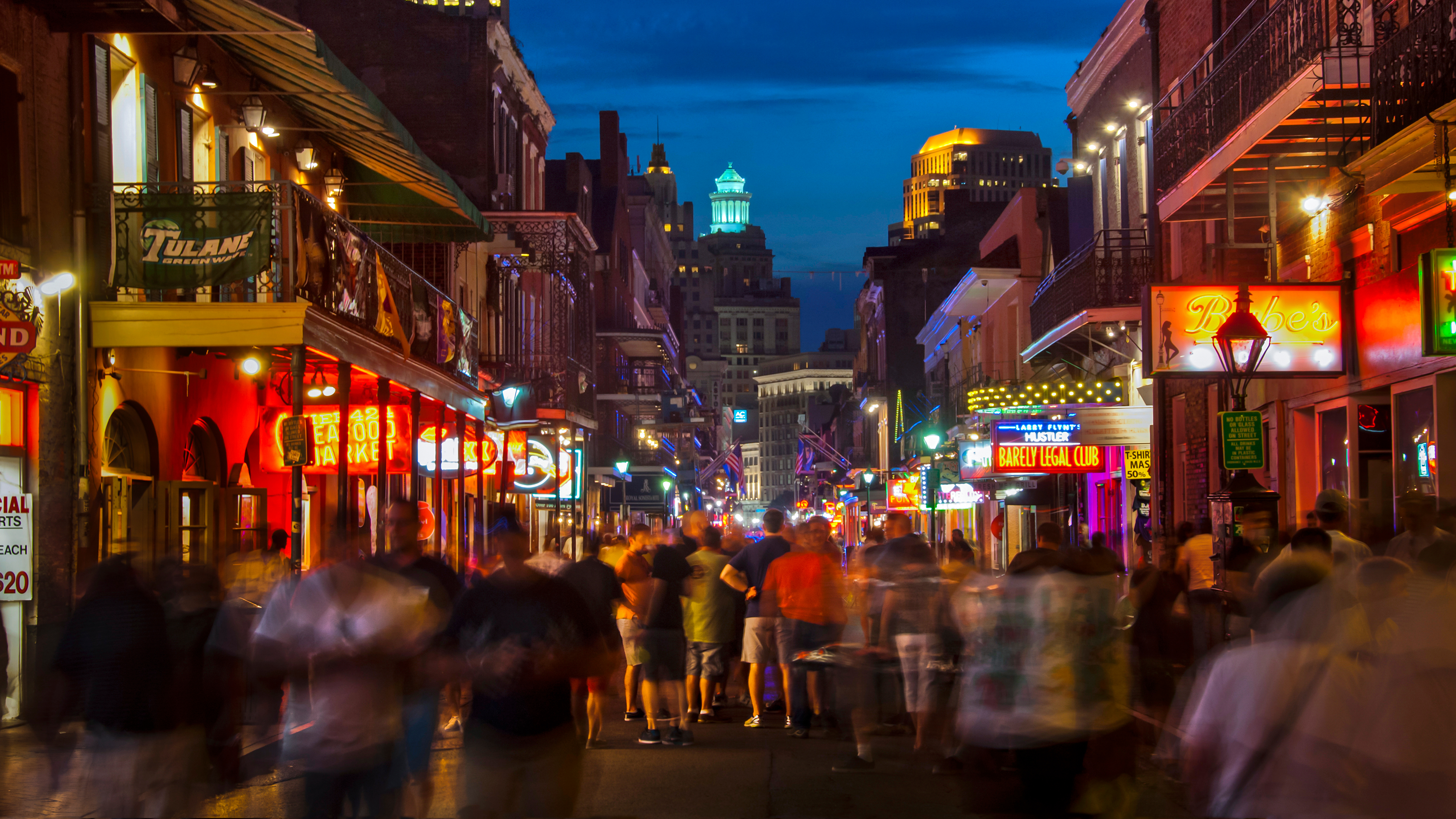Why A New Orleans Restaurant Charges Black And White People Different Prices For The Same Meal
What if we all paid things at a different according to our own income level? Kind of like paying our income taxes: Doesn't it make sense that rich people should pay more, and poor people should pay less? A Nigerian restaurant in New Orleans decided to unfurl this social experiment into real life.
The Times-Picayune reports that if you "walk up to a window manned by chef Tunde Wey at Roux Carré" and order his Nigerian food, "If you are white, you will be asked to pay $30. If you are black, Latino, or Asian, the bill will be $12." The different prices were not mandatory, but the restaurant was curious to see how people would react, and if white people would pay the higher price. The prices' inequality is meant to reflect the disparity in median household incomes of white people in New Orleans (which have increased to $67,884) versus black households (which have decreased to $25,324 in inflation-adjusted dollars).
Way told the Times-Picayune, "The point is not to charge people more for lunch based on their race. The point... is to make people experience, in a concrete situation, how income disparities... affect daily decisions like what to pay for lunch, as well as life-altering opportunities and even personal health." The restaurant then drafted college volunteers to collect reactions to this unique social restaurant experiment.
What the study discovered was a bit heartening, in our current jaded age: According to NPR, Wey says that some of his customers "are enthusiastic, some of them are bamboozled a bit by it... But the majority of white folks, nearly 80 percent, decided to pay." Grad student Anjali Prasertong, who helped Wey design the experiment and collect data, enthused, "That was definitely higher than we expected." However, some commenters and posters on Facebook and Twitter are decrying the experiment, with a sample comment saying that "offering (or not offering) a choice to someone based on the color of their skin is racist."
Although the surveys and data have already been collected, the uniquely priced lunch special continues through Sunday, March 11.
